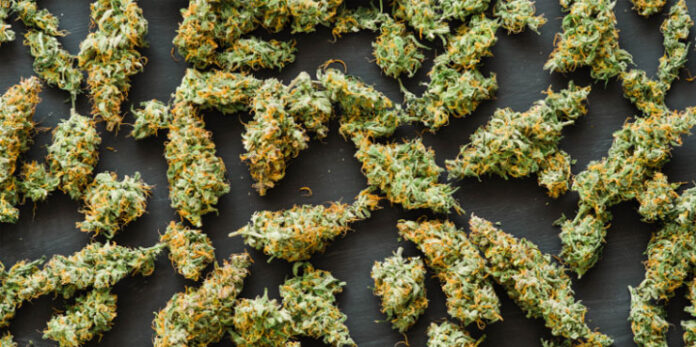Scientists from the U.S. Food and Drug Administration (FDA) state in newly released documents that marijuana has less potential for abuse than other drugs with the same restrictions and it should be reclassified as a less dangerous drug.
Additionally, the documents conclude that there is some evidence backing its use as a medical treatment.
FDA’s Acknowledgment of the Medical Efficacy of Cannabis
While cannabis is currently classified as a Schedule I controlled substance, President Joe Biden asked U.S. Health and Human Services (HHS) Secretary Xavier Becerra and the attorney general to begin reviewing how marijuana is scheduled under federal law in 2022.
As part of this ongoing litigation, Rachel Levine, the Assistant Secretary for Health, released a letter to Anne Milgram, the administrator of the DEA, stating that the FDA recommends that cannabis be moved from Schedule 1 to Schedule III.
In making this recommendation, the FDA considered several factors under 21 U.S.C 811 (c), including potential for abuse, scientific evidence and risk to public health.
While this letter doesn’t reschedule cannabis, it confirms long-standing industry speculation that cannabis will eventually move from Schedule 1 to Schedule 3.
“FDA’s acknowledgment of the medical efficacy of cannabis and its relatively low potential for abuse is one of the most significant shifts in drug policy in this century,” says Shawn Hauser, Partner at Vicente LLP. “That the federal government considered the widespread medical use in state medical marijuana programs underscores the impact of state reforms that have helped millions of patients. This is a very positive step towards the end of prohibition and for public health, and signals that the Biden administration is poised to complete its expeditious review to reclassify cannabis.”
Additional Research on the Benefits of Cannabis
The documents state that the National Institute on Drug Abuse backs this recommendation, according to Medical Xpress. Although most marijuana users consume the drug recreationally, it doesn’t seem to trigger the serious outcomes that heroin, oxycodone and cocaine do.
The data also provides “some credible level of scientific support for some of the therapeutic uses for which marijuana is being used in clinical practice in the United States,” such as anorexia, pain, nausea and vomiting from chemotherapy, researchers added.










